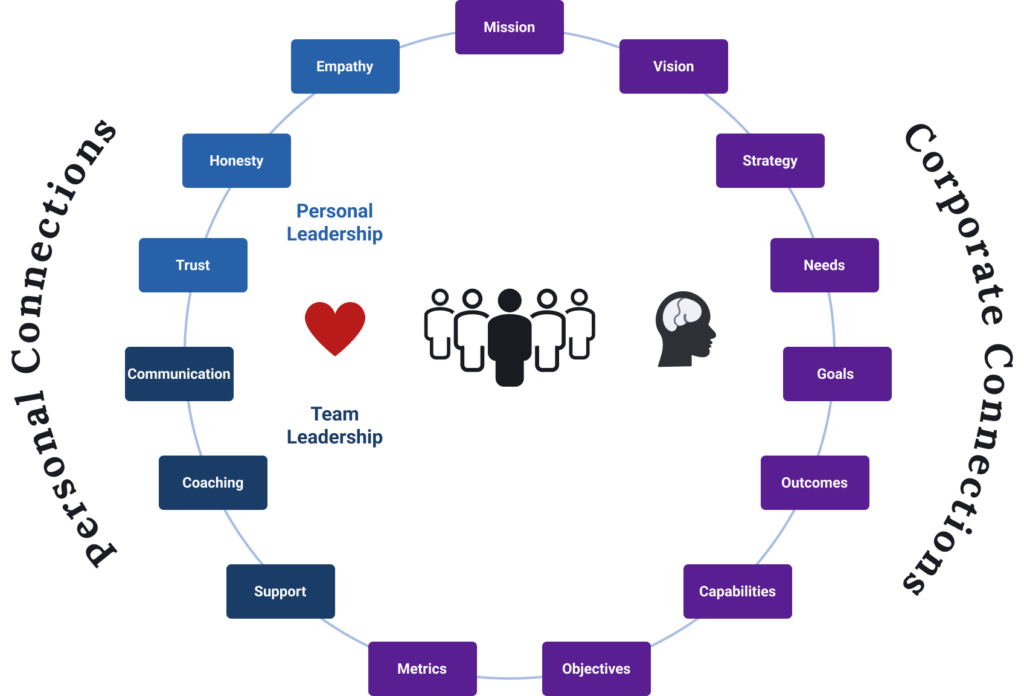Your team members have no built-in reason to challenge you. How do you make it okay for them to do so?
You may have a wonderful mix of skills and competencies across your team with a terrific blend of novice, experienced, and expert associates, all working together toward a better future and yet, still see underperformance. One potential reason is the lack of psychological safety across the team. Psychological safety can unleash the potential of your organization or keep it mired in the land of mediocrity. Psychological safety is real, and it is up to you to nurture it to create a highly engaged team or to ignore it and suffer low energy and poor results that come with detached associates.
What is psychological safety? In simple terms, it is the ability for anyone on the team to speak freely. Sounds so simple, yet there are many reasons it can be incredibly elusive. Take positional power, for example. As a leader you hold positional power. There is a clear understanding you have the ability to impact careers positively or negatively. You can advocate for someone looking for a new position or not. You can provide a salary increase or not. You can promote someone or not. And ultimately, you can force someone out of the organization. What is the easiest path for an associate to follow? To reinforce your ideas and possibly elaborate on them a bit. The most difficult path? To challenge your views and ideas or state you are wrong. And the lack of challenge endangers your success.
How can you create psychological safety? Consider the Personal Leadership aspects of the Associate / Leader Connections Framework and a few earlier blog posts (Strengthen personal connections by being a team member first and leader second, Emotionally connect your associates to your company to achieve remarkable results, and Your leadership legacy is largely determined by how you make people feel).
Associate / Leader Connections

If you are a genuine leader who develops trusting relationships leading people to believe you, you have done 80% of the work. The remaining 20% comes in your day-to-day interactions and reactions. Are you a good listener? Do you listen to understand the essence of what someone is saying when they speak or are you listening to respond? When listening, do you play back what you hear and ask questions to determine “how might we” do what this person is suggesting? Or are you poking holes as the conversation proceeds, setting up the roadblocks that can only be overcome by asking “what would have to be true?” and you have already determined it cannot be true? Even if you listen well, if your first reaction is “no,” you are training your team members not to try. If your first reaction is “tell me more” and you have a dialog you will get a very different set of responses over time. You will see creativity, energy, and empowerment.
Your team has many reasons to go along with whatever you say. They have no built-in reason to challenge you. Encouraging open, respectful challenge allows team members to go after problems and opportunities wholeheartedly, and the power of multiple brains working together can lead to remarkable results. Grant your associates the psychological safety to have differing opinions and to tell you when they think you are wrong. And when they do, thank them for helping you think differently. You’ll feel the difference across your team.
Share your thoughts below.
How do you ensure you hear honest feedback from your team?



Leave a Reply